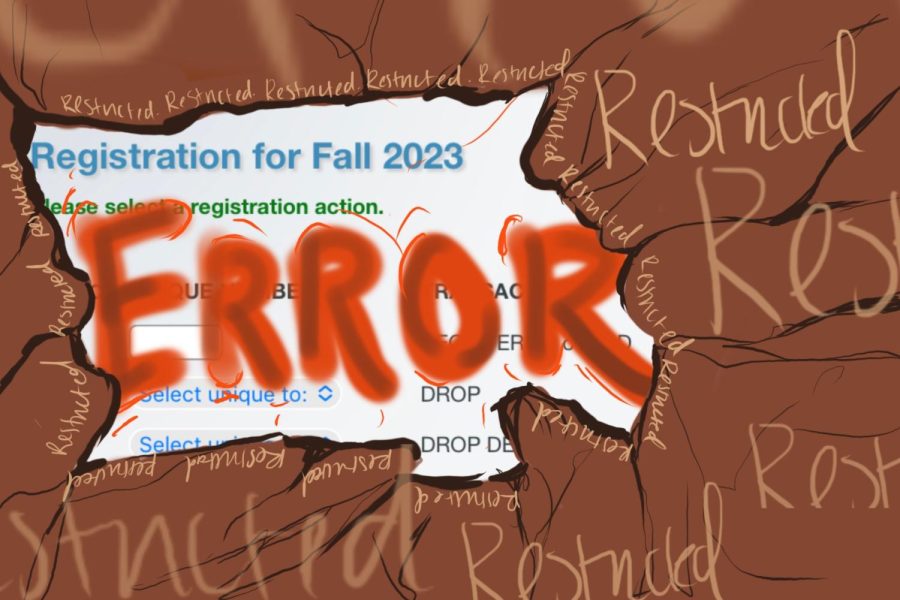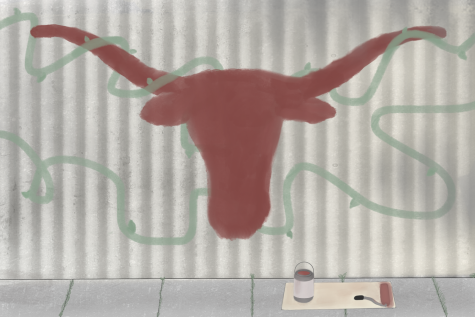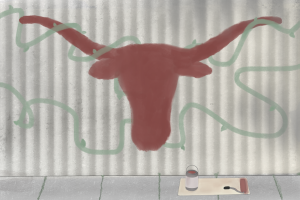Open upper-division courses to students of all majors
April 18, 2023
UT strives to cultivate this generation’s greatest minds by fostering students who can truly change the world. The University admits students who are excited to explore their interests in multiple and interdisciplinary fields, encouraging students to expand beyond their major.
However, UT still perpetuates significant barriers that obstruct students from this goal. The University should stop restricting upper-division courses to only those within the major.
Most students enter college unaware of the career path they wish to pursue. College exists to facilitate the discovery of different interests and passions students have before graduating. While a “major” establishes a student’s interest in one subject, that doesn’t mean students should be exclusively limited to a single topic.
While many students have interdisciplinary inclinations, it is time consuming and expensive for students to pursue all these avenues simultaneously. Consequently, students should be able to take upper-division courses aligned with their interests.
“I think it’s really upsetting that (UT restricts upper-division courses),” said statistics and data science freshman Parul Gupta. “To see that a lot of courses are not being offered to me, but I’m generally interested in them, really does make me sad, because I feel like I’m not getting the full education that I (want).”
The growth and development of academia and our own minds occur when differing viewpoints are brought together to challenge pre-existing ideas. However, this development is limited if diverse perspectives are not able to interact, which occurs when class registration is restricted to students of only one major.
It is imperative that we create opportunities for students from diverse backgrounds and fields of study to learn together. This will facilitate an environment where students can challenge each other’s thinking and consider different perspectives, which is vital to their intellectual growth.
College majors can be isolating, leading students to become trapped in a “bubble.” By opening up classrooms to students from different majors, we can break down these barriers and foster an interdisciplinary approach to learning. For example, while an engineering major can work on the development of new AI technologies, sociology majors can provide valuable insight into the potential for abuse of such technology, which an engineer may not have otherwise considered.
Removing major-specific course restrictions can also benefit students after graduation. Diverse skill sets are increasingly coveted by the job market. Although UT recognizes our society requires innovative solutions from multiple fields of study through interdisciplinary programs like Plan II Honors, this curriculum remains closed to the general student population.
Considering these benefits, the question of UT’s ability to accommodate more students into classes still remains.
“A class with different types of people (is) more engaging and a better learning experience, (but) it’s the practicalities of doing that all across campus,” said Arthur Allert, the Mccombs Assistant Dean for Operations and Administration. “Practically speaking, there are just going to be certain courses (that’ll be) closed off to (non) majors, but it doesn’t have to be an all-or-nothing thing.”
Perhaps UT is unable to integrate upper-division courses now, but our administration is aware of its benefits. All we can do now is hope that UT considers making this advantageous change for its students.
Keeping upper-division courses major-specific is an outdated and restrictive approach to higher education. To achieve its stated objective of empowering all students, UT must enable students to explore a diverse range of subjects and industries. By removing restrictions on upper-division courses, UT can better equip students with the skills and knowledge crucial for post-graduate success.
Chaudhuri is a Plan II and Economics freshman from Coppell, Texas.











